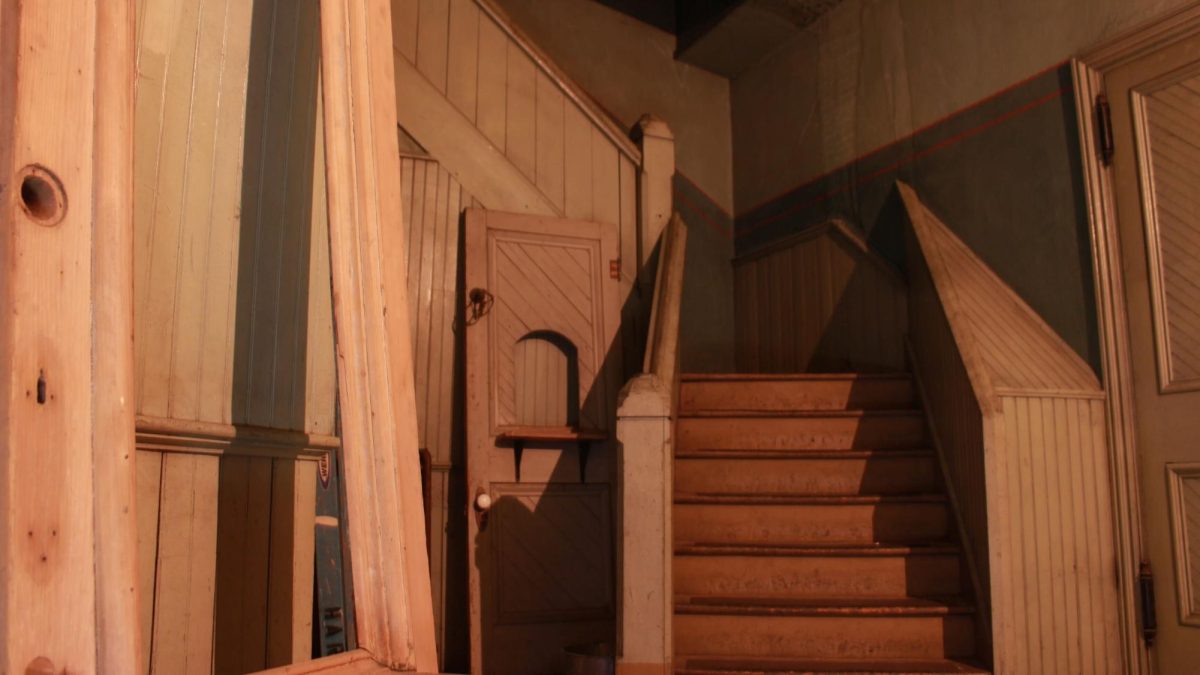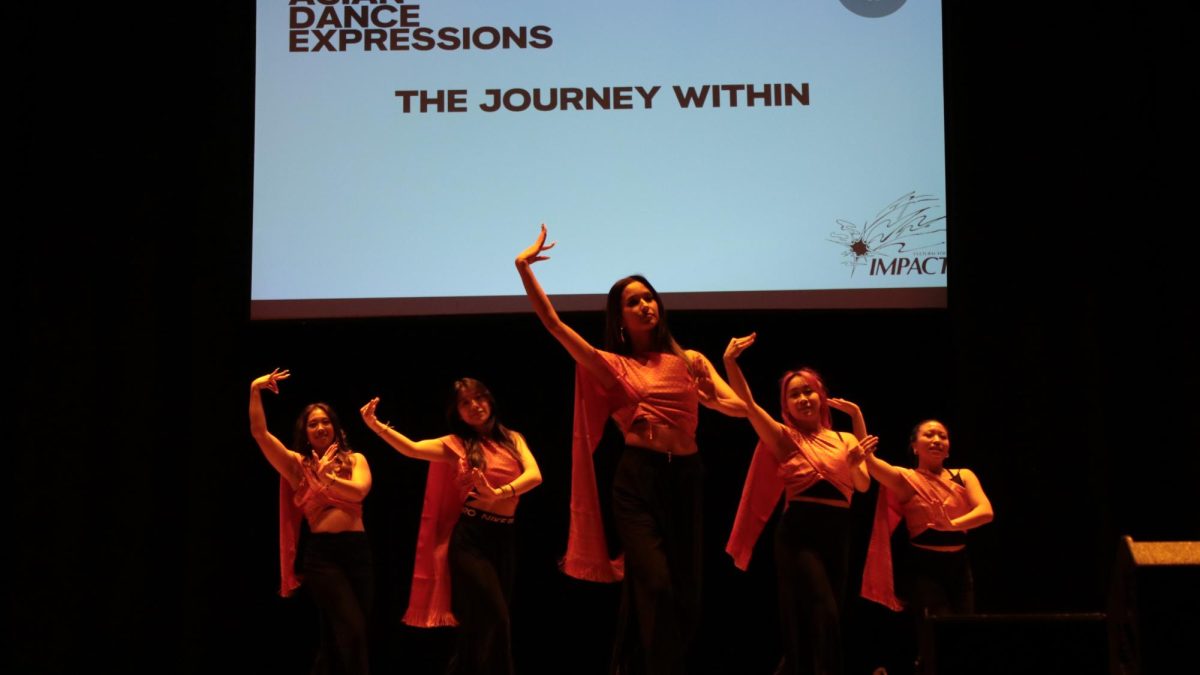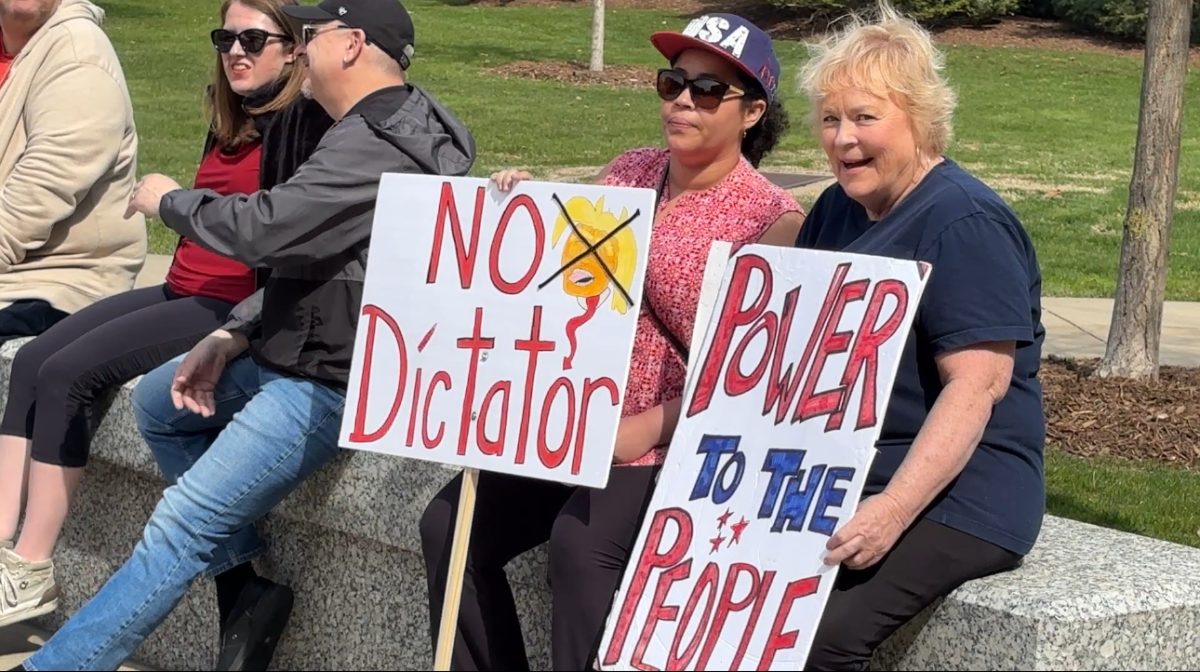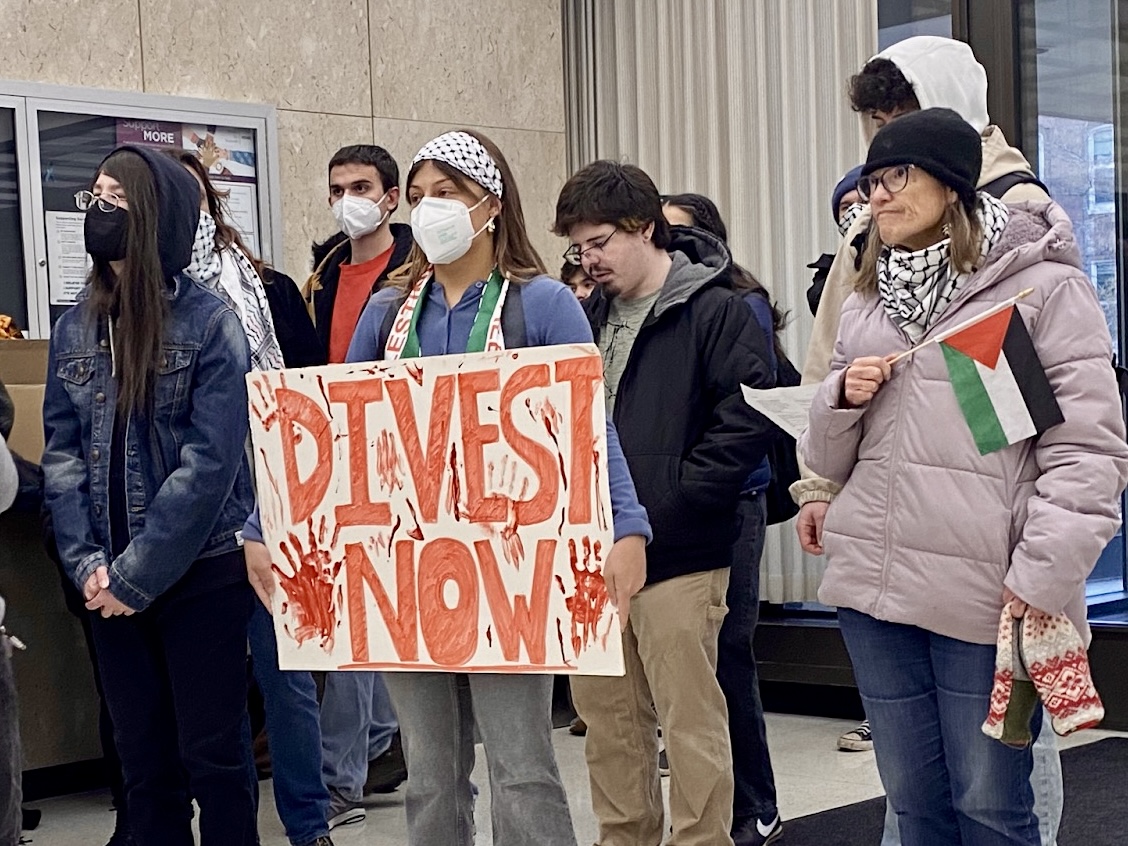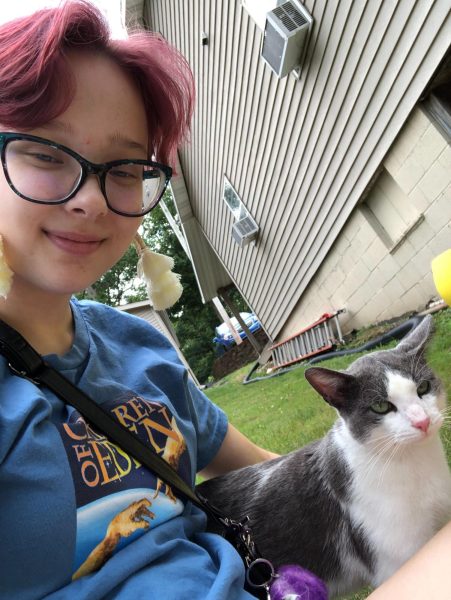Identifying as a man can be lethal. According to a study from the Pan American Health Association [PAHO] in 2019, men’s life expectancy in the United States is 5.8 years lower than women’s. The report claims that these statistics are directly affected by societal norms and pressures associated with masculinity, such as an expectancy to be overly aggressive, take unnecessary risks and repress emotional responses.
Narrowing the scope, young men are predominantly affected by “restrictive masculinity,”—we’ll touch on this later—due to the need for acceptance being integral to social development. Per an academic report authored by Nick Hillman and Nicholas Robinson in 2016, male-identifying college students are less likely to enroll in universities and more likely to drop out of them than female-identifying students. Hillman and Robinson cite “Adherence to hegemonic masculine ideals,” as the primary factor. In layman’s terms, men are taught to suppress showcases of academic weakness and therefore refuse to seek support and fall behind.
The association between masculinity and emotional silence prevents men from speaking up about serious issues. For example, college age men are four to six times more likely to die by suicide than women. Further, these same ideals encourage men to perpetrate violence against other men and women to ‘prove’ their masculinity when threatened.
To spread awareness about the barriers of restrictive masculinity and teach students how to break them down, the MSU Prevention, Outreach and Education [POE] department has launched Men and Masculinity Week 2023. From Nov. 13-17, events will be held throughout the week to teach and engage the community in learning about the Men and Masculinity cohort series.
Most students may be unaware of the programming, as this is the first year MSU has hosted it.
Program coordinator and presenter Garrett McAllister said, “It is a newer program, so [we’re] trying to highlight and let people know this programming is here, and we’re all here to work to heal, grow, learn more.”
“I worked in higher [education] for [around] eight years, and I was at another institution before I came here,” McAllister said. “I came up through housing—I was an RA—and we did a lot of identity development where we explored how am I being told I have to act and don’t have to act, and feeling like there wasn’t really a place to do that as a student and as a staff member. I think that really put me on this pathway to give a space and an avenue for students to do that in a way I was never able to.”
On Monday Nov. 13, McAllister gave an informational presentation that defined “restrictive masculinity,” and offered students ways to celebrate masculinity healthily. Attendees were encouraged to participate in activities designed to define masculinity, which led to realizations about the expectations of men. Students mentioned a need to be tough, emotionless and athletic. They also brought up expectations of being financially independent and avoiding femininity.
McAllister’s presentation echoed previously cited studies on masculinity, explaining that societal norms restrict men from being able to express themselves outside of aggression or mild amounts of joy.
McAllister then segued into the positive aspects of masculinity, encouraging attendees to seek out community and support from other men.
“It starts with a lot of internal reflection. Like, I obviously didn’t get to the point where I am [by] waking up and going ‘Oh! I understand how restrictive and toxic masculinity impacts me!,’” McAllister said. “The world is really set up to not force men to have to look at that. I would encourage [men] to be vulnerable, to be open, willing to learn, and willing to grow.”
All of the events hosted during Men and Masculinity Week qualify for credit toward the Greeks Take the Lead [GTTL] program, which is a mandatory series of workshops for members of fraternities and sororities that are registered student organizations [RSOs]. GTTL is another initiative sponsored by POE to educate Greek life participants about gender-based violence and strengthen the culture of prevention.
Reilly Stay and Samantha de Kay are both members of the Beta Beta chapter of Alpha Phi, the first sorority established on the MSU campus in 1922. The two came to Monday’s information session for GTTL credit and left feeling more knowledgeable.
“It is nice that they do this, especially because of the fraternity guys,” Stay said. “That’s a big place for peer pressure and how they force each other into doing things. Knowing that it’s okay to not be like how all the other frat guys are would definitely be a good learning experience for them.”
De Kay agreed that the sessions were beneficial for members of fraternities, “I feel like this one in particular was better fitted for the fraternities. I think it’s very specific to the things that go on in the fraternities, less so than what we go through, but I still think it was a good learning experience to learn that masculinity isn’t necessarily bad, but it can be.”
While a majority of Monday’s attendees came from a fraternity or sorority, some were outside of Greek life: such as Brady Roberts. Roberts is a freshman supply chain business administration major who has been personally affected by restrictive masculinity.
“I know a lot of friends from my hometown who unfortunately are very toxic masculine people. Unfortunately, it happens. It shouldn’t, but it does,” Roberts said. “Having these [programs] can help people change their point of views. I’ve known people in the past who were very toxic masculine people, and once they started learning what it caused and how it affects people, it caused them to be less toxic and be more of a positive person.”
Roberts urges young men to break through restrictive masculinity and not let it dictate their health. “Don’t be afraid to ask for help. Therapy is OK—it doesn’t make you any less of a man if you talk about your emotions. It can save lives, I’ve seen it save lives before. Please, if you’re struggling, talk to someone. We have plenty of free resources on campus.”
McAllister’s program aims to bring positive change to the MSU campus and the harmful culture that surrounds college masculinity. It’s great to see that some students are already very cognizant of its impacts and are supporting men who are breaking away from toxicity.
For the rest of the week, information sessions were held throughout campus, and on Tuesday, students were invited to create a community banner at Brody Square.










